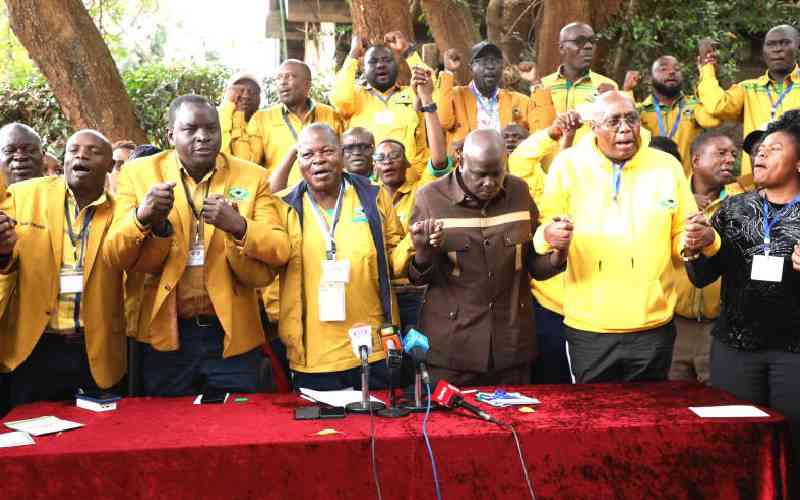×
The Standard e-Paper
Home To Bold Columnists

The Kenya Union of Post Primary Education Teachers (KUPPET) on Wednesday suffered a setback in its bid to amend its constitution.
This is after a court issued conservatory orders halting the changes until a case challenging the amendments is heard and determined.